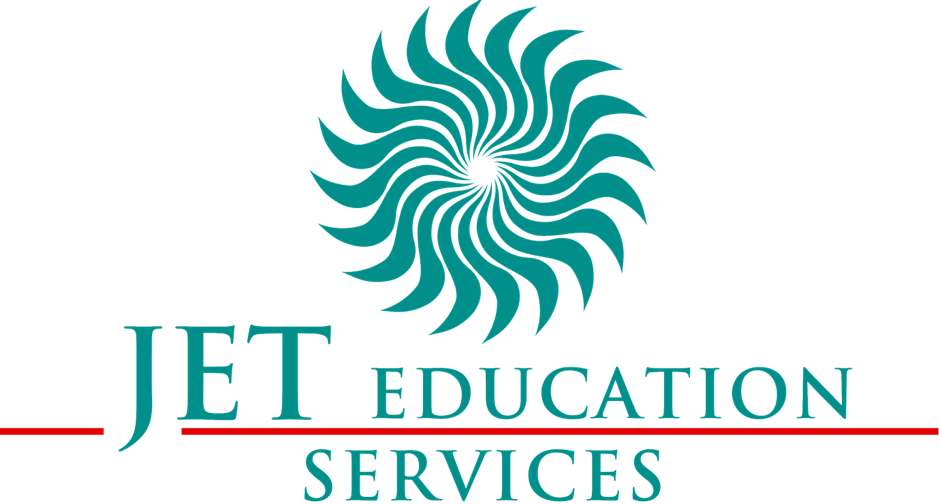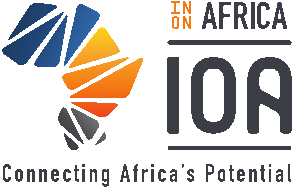Transforming youth through knowledge interventions
By JET Education Services

With a young and growing workforce, young people are the heartbeat of Africa. While education has the potential to transform a young person’s life, a sad reality is that many young people struggle to receive quality basic education, let alone opportunities that could lead them into a viable future. What about the underprivileged young person tucked away in a non-technological village; those living in low resource communities with limited access to basic digital technology? The burning question is, can education improve their ability to soar? Yes, it can. Taking advantage of innovative technologies, JET Education Services journeys to reshape and transform education for disadvantaged communities with evidence-based knowledge interventions.
The pathway to Technical and Vocational Education and Training (TVET) colleges
Many young people that do end up going to tertiary institutions opt for Technical and Vocational Education and Training (TVET) colleges. But there is a lack of reliable data around the role of TVET colleges in Africa in relation to the supply of skills. To fill this gap, a research intervention was commissioned and designed in 2016 to explore the social and economic factors that influence a young person’s choice to study in a TVET college. JET, with SSACCI and the NBI, conducted a Tracer Study which found that only 38.1% indicated that they had obtained the final National Certificate Vocational (NCV) Level 4 qualification. Of those that did not complete the NCV, 37.2% indicated that they had no finance to continue. Another reason was that about 15.1% were still waiting to receive their certificates for prior courses completed.
Understanding the state of youth unemployment
However, a tertiary qualification does not necessarily guarantee young people employment. A global intervention aimed at empowering young people to acquire the skills they need to be career-ready was launched in 2016 by JP Morgan. The ongoing New Skills for Youth (NSFY) programme envisaged benefiting over 1,000 young people by investing in the development of career-focused education programmes that provide youth with marketable and relevant skills to help them enter the formal or informal sectors. Supported by J.P. Morgan, in collaboration with JET, the Catholic Institute of Education and the MSC Artisan Academy, new training programmes in renewable energy, baking, merchandising and computing were piloted in priority settlements in Gauteng (Reiger Park, Ennerdale, Orange Farm), the Free State and Eastern Cape. In support of the NS4Y objective of addressing career readiness and employability amongst youth, JET embarked on a research programme to make sense of the context for successful transitions to employment for youth in Orange Farm.
Employability and Learning Pathways
In separate initiatives to test new models for increasing employability and skills in the Green Economy, JET along with the J.P. Morgan Foundation, Harambee Youth Employment Accelerator, along with, the Nedbank Foundation, National Business Initiative (NBI), Deutsche Gesellschaft für Internationale Zusammenarbeit (GIZ), and the Institute of Plumbing South Africa, undertook the study of the interventions in 2018 to leverage employment opportunities for young people and labour market mobility for those who were already working. These interventions contributed to developing a framework for entry and mobility within the Green Economy. These programmes used a combination of knowledge training and practical learning, with some of them offering a workplace learning component. One of the programmes, without the workplace learning component showed the least desirable outcomes, with only 5 out of 25 being employed, according to a study 6 months after the programme ended. These highlighted the challenges of successful employment outcomes.
Employability of Youth
Another intervention that has implications for the future success of youth is Exploring a Work-Based Values Approach in South African TVET Colleges. In 2017 a focus was placed on student, lecturer and employer values. Emerging from this research was the concept ‘employability’ and that it is difficult to define and therefore difficult to measure. Consequently, employers’ perceptions of the employability of job-seekers come into play. The institution from which a work-seeker has graduated can inform how employers attribute employability to work-seekers. According to Wedekind (2016, p. 2), ‘What employers refer to as a “lack of employability skills” relates in large measure to a poor basic education’.
Building social change agents
Speaking of employability, in striving to continuously improve the quality of education, youth employment and skills development, JET Education launched a JETStreaming programme in 2019. The programme includes an employability strategy component where ten young graduate professionals gain workplace exposure in research, project management, implementation, and advocacy. It is an opportunity to further develop their critical thinking and leadership skills in the education sector.
It goes without saying that failure to integrate youth into the labour market poses a significant threat to global growth. Through some of these youth interventions, and after we have met our expectation of developing policies through educational research, we want to nurture and transform a young person who is competitive globally.

Sharing is caring!
Help us spread the word about Voices Unite:


